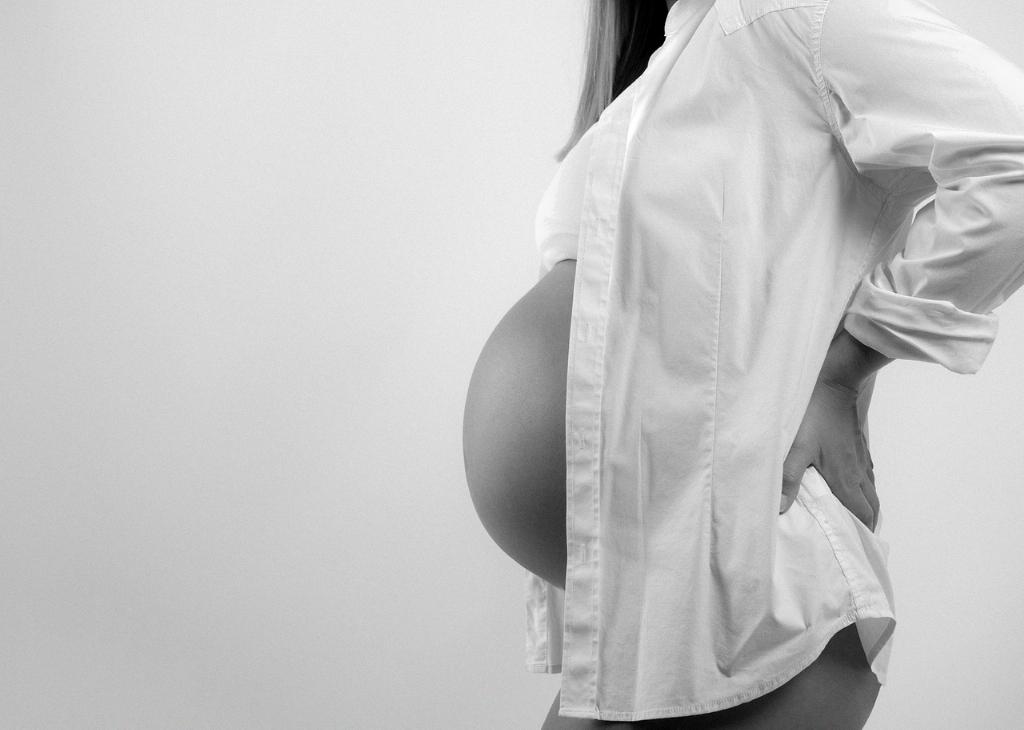It is a common trend for women to delay starting a family until their 30s for various reasons such as career advancement, financial stability, or simply personal choice. In the U.S., statistics show that birth rates among women in their 30s have been on the rise, reaching levels not seen in four decades. This shift in timing has led many to question whether 30 is too old to start trying for a baby.
The Biological Clock
One of the primary concerns associated with starting a family in your 30s is the impact of age on fertility. As women age, their fertility naturally decreases, with the likelihood of conceiving and carrying a healthy pregnancy decreasing as well. This biological reality is a significant factor to consider when deciding the optimal time to start trying for a baby.
Risk Factors
Women who choose to have children in their 30s or later may face an increased risk of certain pregnancy complications, such as miscarriage. As a woman’s age advances, the likelihood of genetic abnormalities in the fetus also increases, potentially leading to more challenging pregnancies and births.
Health Considerations
It is essential for women considering starting a family in their 30s to prioritize their overall health and well-being. Maintaining a healthy lifestyle, including proper nutrition, regular exercise, and routine medical check-ups, can help mitigate some of the risks associated with advanced maternal age.
Emotional Readiness
Beyond the physical considerations, emotional readiness is a crucial aspect of starting a family at any age. It is essential for individuals to feel prepared, both personally and within their relationships, for the challenges and joys that come with parenthood.
Social Pressures
Societal norms and expectations regarding the ideal age for starting a family can also play a role in the decision-making process. Women may feel pressure to have children earlier due to external influences, but it is important to prioritize what feels right for oneself and one’s family.
Support Systems
Having a strong support system in place can be particularly beneficial for individuals starting a family in their 30s. Whether it be a partner, family members, or friends, having a network of support can help navigate the joys and challenges of parenthood.
Financial Stability
Another key consideration when deciding on the optimal time to start trying for a baby is financial stability. Raising children incurs various costs, from medical expenses to childcare, and having a solid financial plan in place can alleviate some of the stress associated with starting a family.
Parenting Resources
Women who choose to start a family in their 30s can take advantage of the wealth of parenting resources available, from prenatal classes to online support groups. Utilizing these resources can help individuals feel more prepared and confident as they embark on the journey of parenthood.
Personal Reflection
Ultimately, the decision of whether 30 is too old to start trying for a baby is a deeply personal one that should be based on individual circumstances, preferences, and goals. It is crucial for individuals to reflect on what feels right for them and to trust their instincts when making such a significant life choice.
Consulting with Experts
For women in their 30s who are considering starting a family, consulting with healthcare providers and fertility specialists can provide valuable insight and guidance. These professionals can offer tailored advice based on individual health histories and help individuals make informed decisions about family planning.
Conclusion
In conclusion, while there are various factors to consider when deciding on the ideal age to start trying for a baby, age 30 is not definitively too old to begin this journey. By taking into account factors such as fertility, health, emotional readiness, social pressures, and support systems, individuals can make informed decisions that align with their values and goals.

